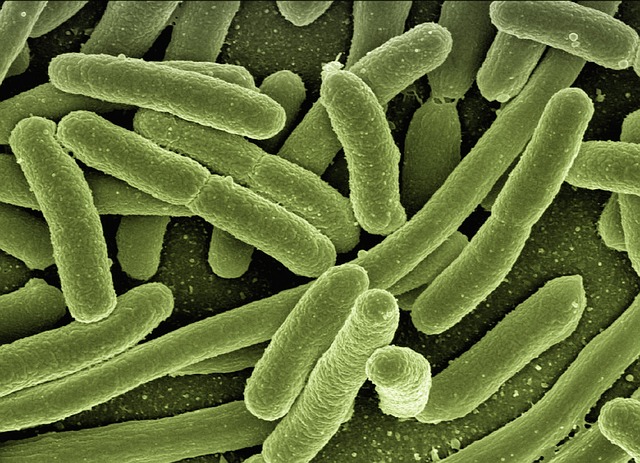The harsh realities of climate change are impacting ecosystems globally, and perhaps nowhere is this more evident than in the context of desertification. While many people might think of deserts as lifeless expanses, they are, in fact, intricate ecosystems heavily influenced by microbial life, particularly bacteria. These microscopic organisms play a crucial role in maintaining soil health, facilitating nutrient cycling, and supporting plant life, all of which contribute to the stability of arid environments.
Bacteria are often viewed merely as agents of disease, but in the context of desertification, their positive contributions cannot be overstated. They are key players in the formation of soil aggregates, which help to retain moisture and improve soil structure. As climates change and drought becomes more prevalent, the role of these bacteria becomes even more critical. Healthy soils, teeming with diverse microbial communities, can sequester carbon, mitigate erosion, and create a buffer against the adverse effects of climate variability.
However, as temperatures rise and rainfall patterns shift, we are witnessing the destabilization of these vital microbial communities. Increased aridity leads to a decline in bacteria-driven processes, resulting in poorer soil health and diminished vegetation cover. As plants struggle to thrive, they are less able to anchor the soil, making it more susceptible to erosion. This vicious cycle exacerbates desertification, turning vibrant landscapes into barren wastelands.
Innovative research is unveiling potential solutions to combat soil degradation and promote recovery. By harnessing beneficial bacteria, scientists are exploring biological treatments that can restore microbial balance in the soil. These treatments enhance the resilience of ecosystems and can be pivotal in areas already suffering from desertification. Furthermore, understanding the complex relationships between climate, soils, and bacteria lays the groundwork for developing sustainable agricultural practices that protect the land while nurturing the environment.
Restoring health to our soils means paying attention to the unseen allies supporting plant life in arid regions. By adopting strategies that bolster bacterial populations, we not only fight against desertification but also aim to achieve broader environmental goals, such as enhanced carbon sequestration and improved food security. As we stand at the crossroads of environmental change, it is imperative to recognize the intertwined fates of bacteria and desertification. Protecting these microscopic organisms offers a pathway to mitigate climate change’s devastating impacts on our planet.


